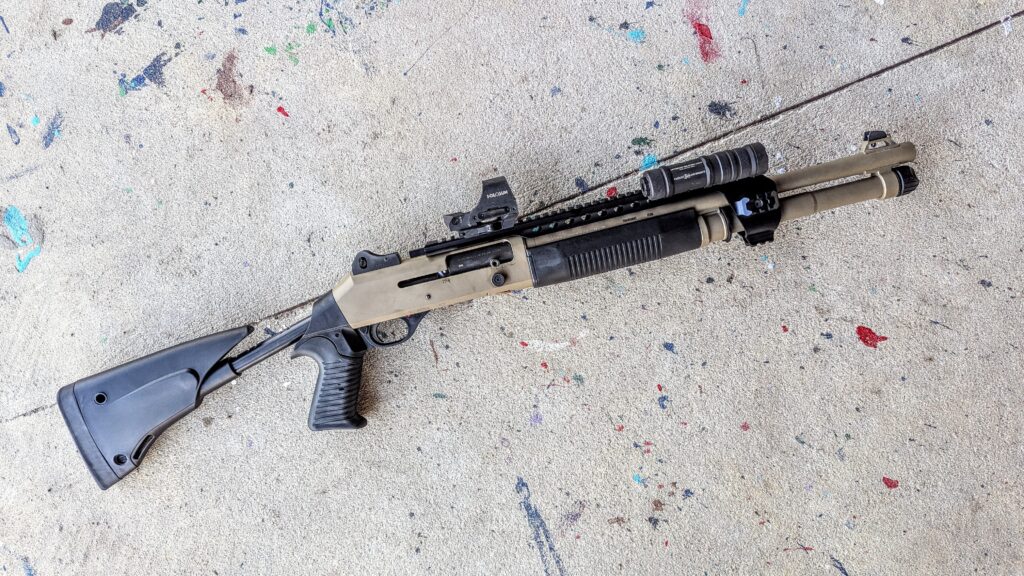From MCRGO:
This past week, MCRGO Second Vice Chair & law professor Steve Dulan addressed the House Military, Veterans, and Homeland Security Committee in support of House Bills 4470-4474 which would make Michigan a constitutional carry state and eliminate most pistol free zones. Michigan Open Carry joined MCRGO in support of the legislation. The only opposition came from Bloomberg-funded Moms Demand Action.
The legislation combines two sets of bills from last session. The bills would eliminate the requirement for a license to carry concealed, providing for constitutional concealed carry and creating parity with constitutional open carry that exists in Michigan currently. The bills would also eliminate most state gun free zones (MCL 750.234d) and concealed pistol free zones (MCL 28.425o). They would make transport of a firearm in a motor vehicle much less cumbersome.
Some have asked why MCRGO, a firearms training organization, would support constitutional concealed carry given that it would remove the training requirement to carry concealed. First, in principle a law abiding citizen should not need to get permission from the state to exercise the natural human right to self-defense. Second, the combined cost of training and licensure typically costs between $200-$300 pricing many lower income people out of the the ability to legally carry concealed. Third, Michigan has draconian laws for carrying concealed without a license, treating it as a felony that disproportionately impacts racial minorities. Finally, the experience in the growing number of states that have adopted constitutional concealed carry indicates that it results in lower crime rates; and counter-intuitively results in a greater number of people seeking training.
Advertisement — Continue Reading Below
Some have also asked why these bills are being taken up now given the near guarantee that Governor Whitmer will veto them and not nearly enough votes exist in the Michigan House and Michigan Senate for a veto override (veto overrides are extremely rare in Michigan and have only occurred four times since 1950). The answer is that the legislative branch is not subservient to the executive branch. Whether a governor’s veto is possible, likely, or expected shouldn’t keep the Legislature from considering bills it supports. Otherwise the governor would be determining the state’s legislative agenda.
We know that constitutional carry is unlikely to be signed by Whitmer just as it was unlikely to be signed by Snyder when the House passed it last session. But by bringing the issue up, the Legislature keeps the topic alive. Remember that it took over a decade for shall-issue concealed carry to be signed into law after numerous attempts failed. Michigan will eventually become a constitutional concealed carry state if groups like MCRGO and Michigan Open Carry continue to push toward that goal.
Pressure and Progress
Michigan has been working to implement a successful Constitutional Carry transition for many years, and while the current governor certainly won’t be persuaded to sign it must remain a current legislative issue. Tying the bill to a revocation of the failed policy of pistol free and gun free zones shows an awareness of what the real problems with gun violence are. It’s an awareness that ineffective rules and regulations don’t prevent those seeking to do harm from doing so.
Advertisement — Continue Reading Below
It’s refreshing to see legislative bodies still working on these issues.















